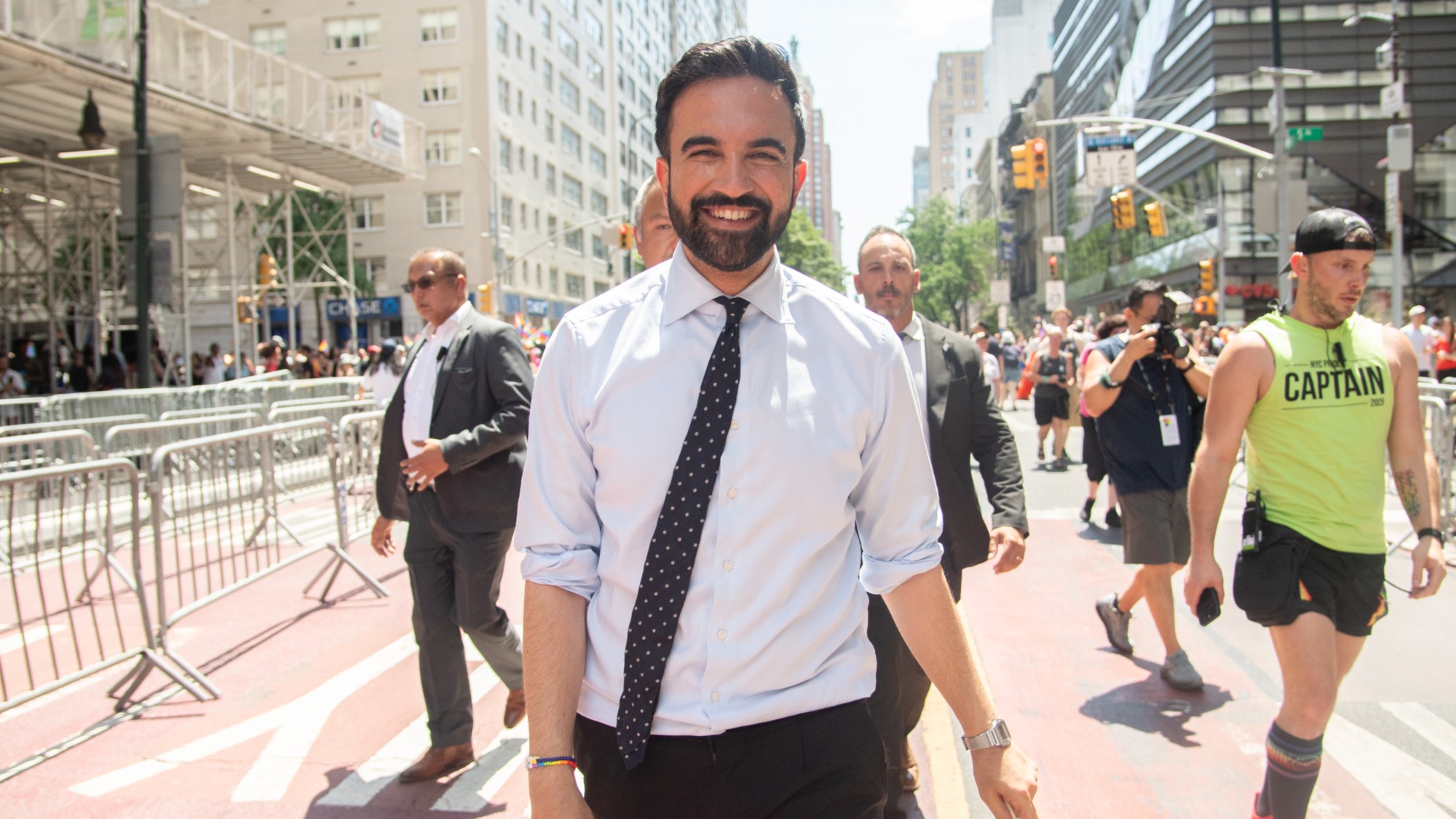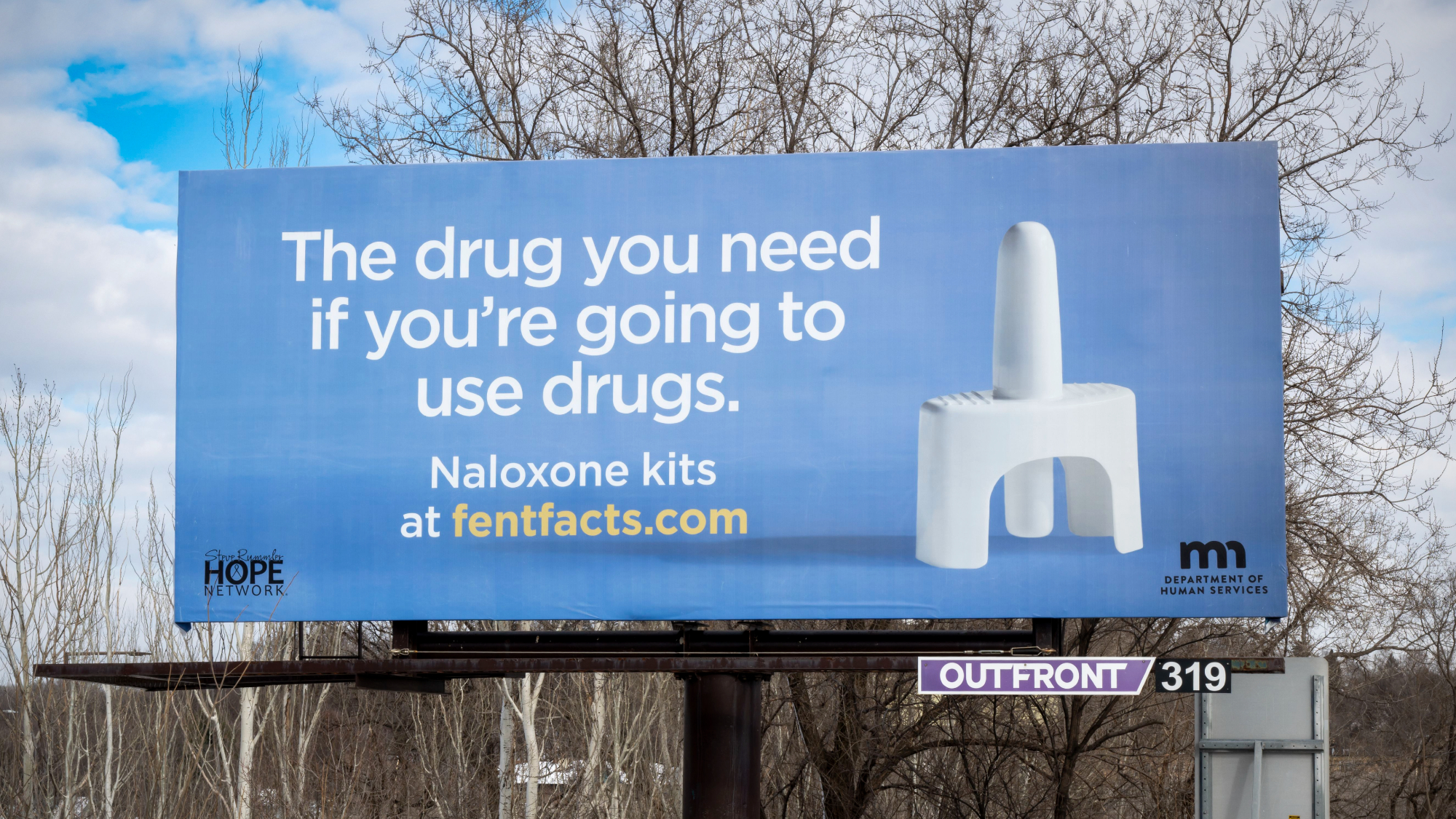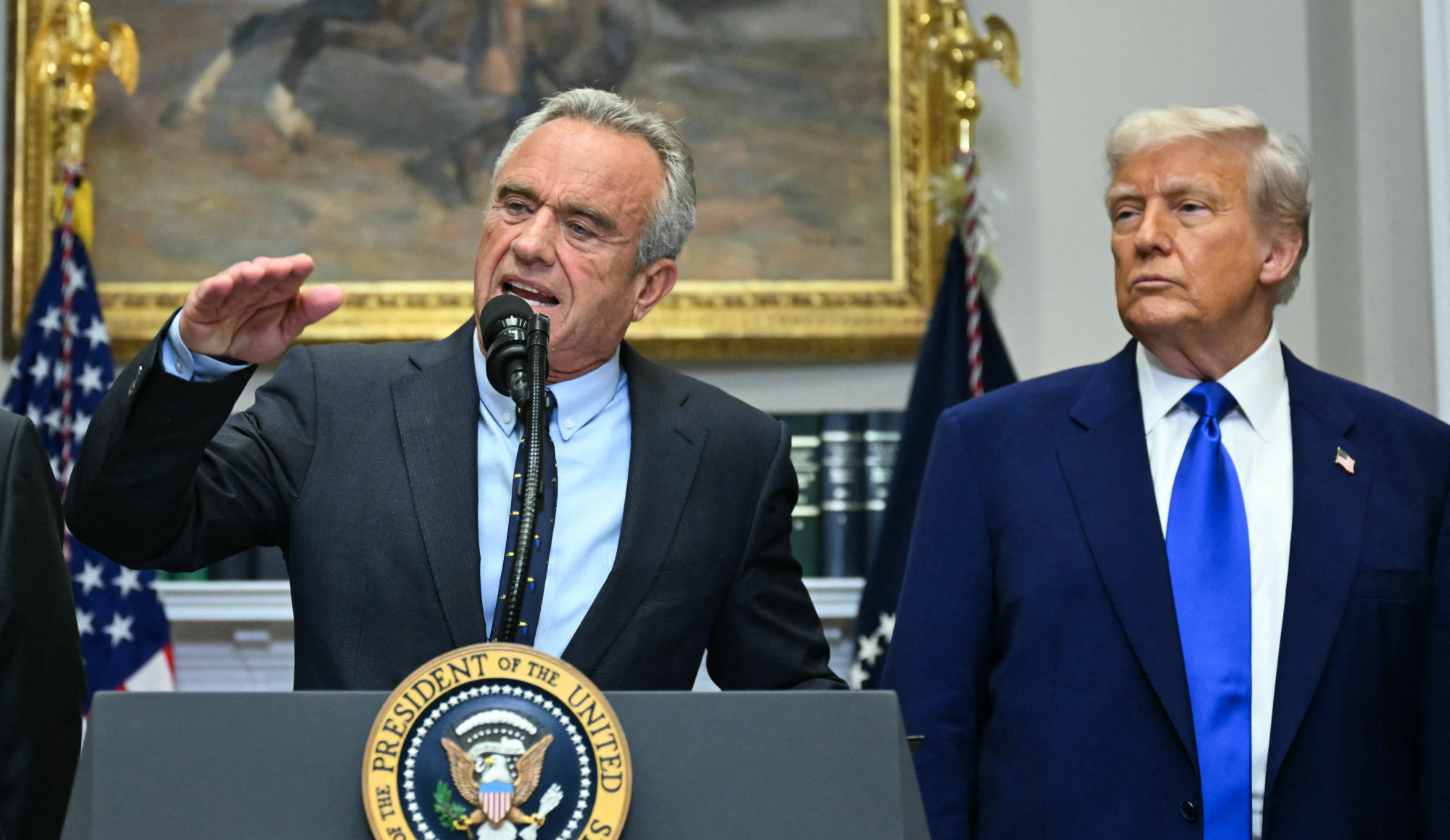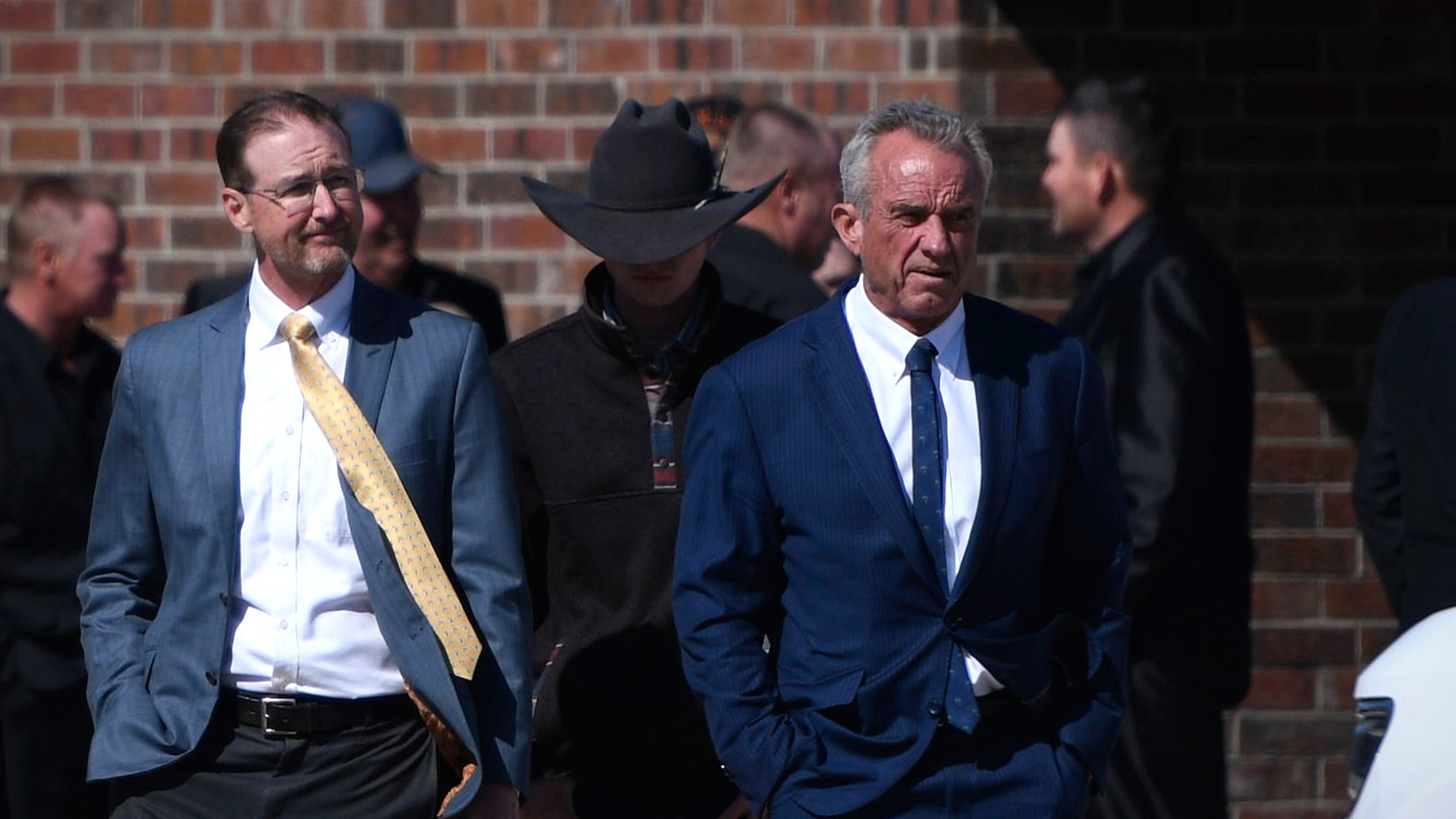How U.S. insurance companies are blocking COVID-19 mutation surveillance


The United States is not at the top of its game when it comes to coronavirus sequencing, which makes tracking COVID-19 mutations a challenge, Bloomberg reports. That's a real concern as the Delta variant and other potentially concerning variants spread around the U.S. and the world.
Part of the reason the U.S. lags behind other countries when it comes to mutation surveillance is because sequencing positive tests isn't mandatory, Jade Fulce, a spokeswoman for the Centers for Disease Control and Prevention, told Bloomberg. Therefore, the agency doesn't receive sufficient data from specific states or jurisdictions, forcing scientists to rely on "geographically broad regions," instead.
Per Bloomberg, health insurers may need to enter the fray to "achieve truly widespread adoption" of sequencing. Right now, they don't pay for it because even in the case that a mutated form of the coronavirus is discovered in a patient (federal regulations prevent labs from telling doctors what variant their patients have unless they're participating in a study, so this is rare), mutations don't alter treatment plans. "It's not approved as a medical health activity," James Crawford, senior vice president of laboratory services at the New York-based health-care provider Northwell Health, told Bloomberg. "We have not bridged that gap."
Subscribe to The Week
Escape your echo chamber. Get the facts behind the news, plus analysis from multiple perspectives.

Sign up for The Week's Free Newsletters
From our morning news briefing to a weekly Good News Newsletter, get the best of The Week delivered directly to your inbox.
From our morning news briefing to a weekly Good News Newsletter, get the best of The Week delivered directly to your inbox.
If sequencing does increase, though, and researchers begin to identify interventions specific to mutated forms of the virus, insurance companies would have reason to cover the process, Bloomberg reports. Read more at Bloomberg.
A free daily email with the biggest news stories of the day – and the best features from TheWeek.com
Tim is a staff writer at The Week and has contributed to Bedford and Bowery and The New York Transatlantic. He is a graduate of Occidental College and NYU's journalism school. Tim enjoys writing about baseball, Europe, and extinct megafauna. He lives in New York City.
-
 How global conflicts are reshaping flight paths
How global conflicts are reshaping flight pathsUnder the Radar Airlines are having to take longer and convoluted routes to avoid conflict zones
-
 Zohran Mamdani: the young progressive likely to be New York City's next mayor
Zohran Mamdani: the young progressive likely to be New York City's next mayorIn The Spotlight The policies and experience that led to his meteoric rise
-
 The best film reboots of all time
The best film reboots of all timeThe Week Recommends Creativity and imagination are often required to breathe fresh life into old material
-
 Kennedy's vaccine panel signals skepticism, change
Kennedy's vaccine panel signals skepticism, changeSpeed Read RFK Jr.'s new vaccine advisory board intends to make changes to the decades-old US immunization system
-
 Kennedy ousts entire CDC vaccine advisory panel
Kennedy ousts entire CDC vaccine advisory panelspeed read Health Secretary RFK Jr. is a longtime anti-vaccine activist who has criticized the panel of experts
-
 RFK Jr. scraps Covid shots for pregnant women, kids
RFK Jr. scraps Covid shots for pregnant women, kidsSpeed Read The Health Secretary announced a policy change without informing CDC officials
-
 New FDA chiefs limit Covid-19 shots to elderly, sick
New FDA chiefs limit Covid-19 shots to elderly, sickspeed read The FDA set stricter approval standards for booster shots
-
 US overdose deaths plunged 27% last year
US overdose deaths plunged 27% last yearspeed read Drug overdose still 'remains the leading cause of death for Americans aged 18-44,' said the CDC
-
 Trump seeks to cut drug prices via executive order
Trump seeks to cut drug prices via executive orderspeed read The president's order tells pharmaceutical companies to lower prescription drug prices, but it will likely be thrown out by the courts
-
 RFK Jr.: A new plan for sabotaging vaccines
RFK Jr.: A new plan for sabotaging vaccinesFeature The Health Secretary announced changes to vaccine testing and asks Americans to 'do your own research'
-
 RFK Jr. visits Texas as 2nd child dies from measles
RFK Jr. visits Texas as 2nd child dies from measlesSpeed Read An outbreak of the vaccine-preventable disease continues to grow following a decade of no recorded US measles deaths
